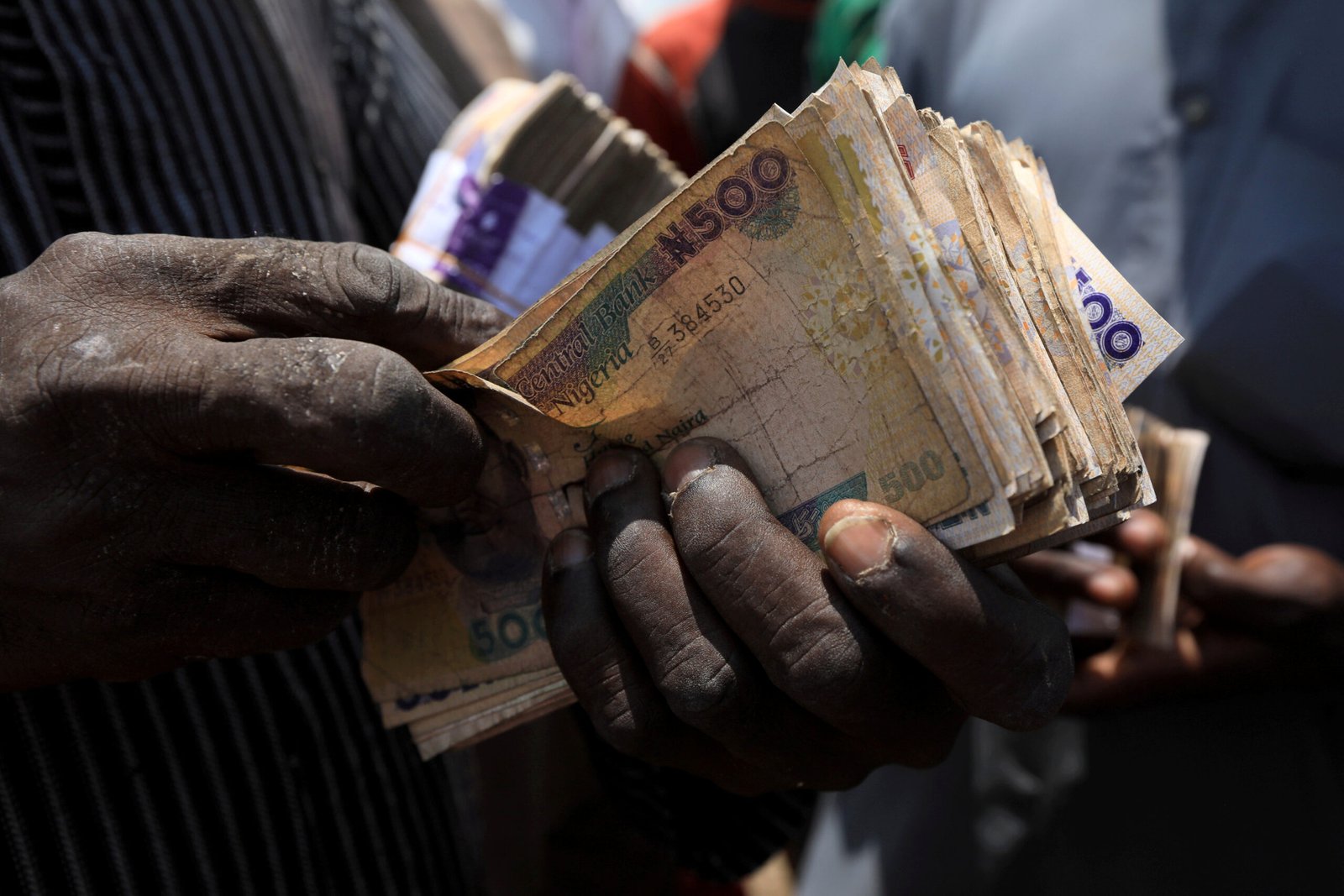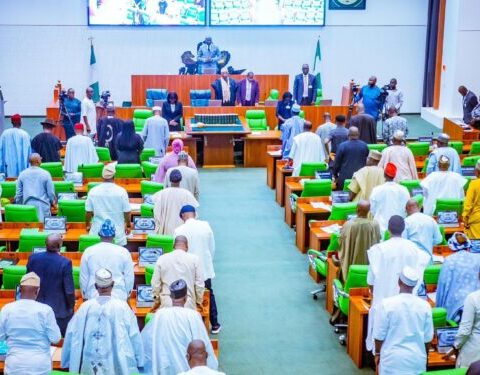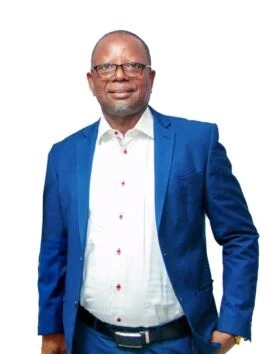Manufacturers in Nigeria have asked the nation’s economic managers to quit titillating themselves with bogus and politically-sauced growth figures of a towering economy, when the reality on the ground speaks to the exact opposite as epitomised by widening poverty and sky-high prices of fuel, food and other goods.
Their reactions follow recent reports where the Minister of Finance, Mr Wale Edun, stated that the economy grew by over 30 per cent in the first half of this year, buttressing his position with significant foreign exchange inflows, enough to have cleared legacy obligations and addressed the nation’s liquidity challenges.
Reacting to the Edun’s claims, a manufacturer and former chair, Manufacturers Association of Nigeria (MAN), Frank Onyebu, wondered the parameters that determined Edun’s verdict of an improved economy when on the contrary, more people have been pushed into multi-dimensional poverty.
He said: “I don’t know how these government officials calculate their figures but these are not reflective of the reality on ground. I think they should concentrate on fixing the economy which has been on a downward spiral for a long time.
“It’s not good talking about a growing economy when the majority of the populace can only relate to the exact opposite.
“There is no evidence of an abundance of foreign exchange. The exchange rate is still unacceptably high. Cost of production is still too high and cannot be supported by the weak economy. Income is not growing. Consumer demand is weak. Inflation is unprecedented. It is therefore difficult to be talking about a healthy economy.”
“FX is not available. Most people rely on the black market for their FX needs. This is really not very surprising because we are not exporting. Even our crude oil exports are not fully accounted for,” he stressed.
Corroborating Onyebu, an SMEs expert and a member, Lagos Chamber of Commerce and Industry (LCCI), Daniel Dickson-Okezie, said it is foolhardy to insist that the economy grew by over 30 per cent in the first half of 2024 when the citizens are wallowing in abject poverty and more manufacturers are closing shops.
“It is not true that the financial sector grew by over 30% in the first half of 2024. The sector is still having problems of the impact of the weak naira and this will continue to be felt across sectors of the economy, even down to the end of Q3 and even beyond,” he warned.
“79 per cent of the sectors of the Nigerian economy experienced low growths, even since Q2 down to Q3. Of course, this is as a result of business constraints.
“The oil sector growth in Q3 is expected to slow down as a result of interfering factors.
“FX accessibility is still a major problem though there has been slight improvement but it is not significant enough for any businessman and the effect has been really serious for the manufacturing sector as well as other sectors that rely on the use of FX substantially.”
On the claimed improvement in the financial sector by the Finance Minister, Dickson-Okezie said the facts on ground point to the contrary and urged the government to administer potent fiscal and monetary interventions to tow Nigerians from austerity to prosperity.
Last week, the Presidency firmly dismissed a Bloomberg report that suggested delays in coupon payments on Nigeria’s savings bonds, reaffirming that all financial obligations are being honoured as scheduled.
Bayo Onanuga, Special Adviser to the President on Information and Strategy, took to his verified social media account to refute the claims, emphasising that Nigeria remains financially sound.
He noted that Finance Minister, Wale Edun, has assured the country’s liquidity is robust enough to meet its obligations without any pending debts.
Corroborating, Patience Oniha, Director General of the Debt Management Office (DMO), confirmed that the Central Bank of Nigeria has processed all payments due by September 19, with those scheduled for September 20 already in progress.
Bloomberg’s report attributed the alleged delays to “system issues,” but the Nigerian government insists these claims are baseless, reiterating its commitment to timely debt servicing and reassuring stakeholders of the nation’s financial stability.
However, the recently published 2024 Global Report on Food Crises, compiled by the Food Security Information Network in collaboration with 16 partners—including the European Union, the International Food Policy Research Institute, the United Nations Food and Agriculture Organization, the Global Food Security Cluster, and the Integrated Food Security Phase Classification, revealed a sobering reality for Nigeria.
According to the report, 24.9 million people in Nigeria are grappling with acute hunger, placing the nation second among 59 countries, just behind the Democratic Republic of Congo, where 25.8 million people face food insecurity.



























